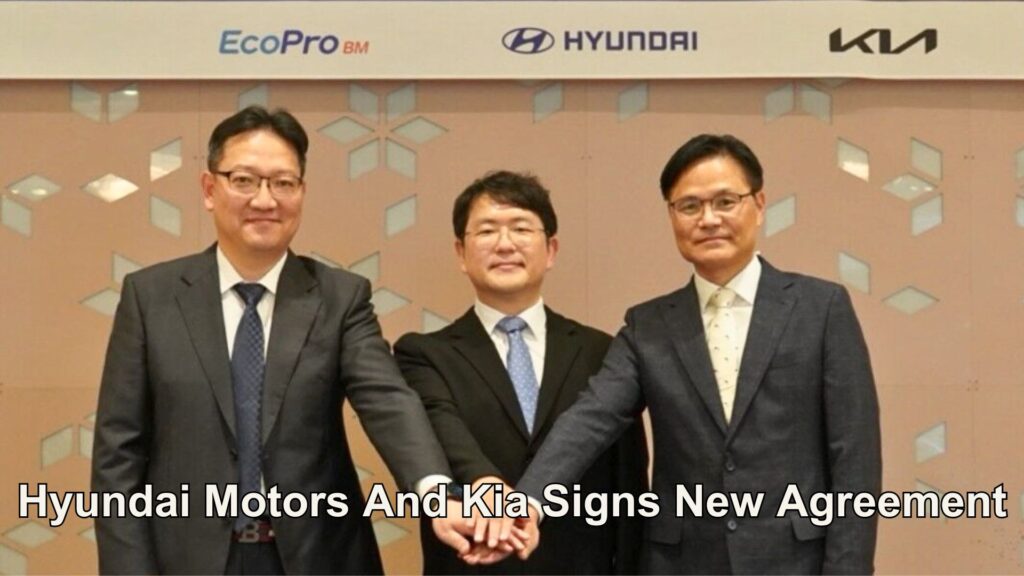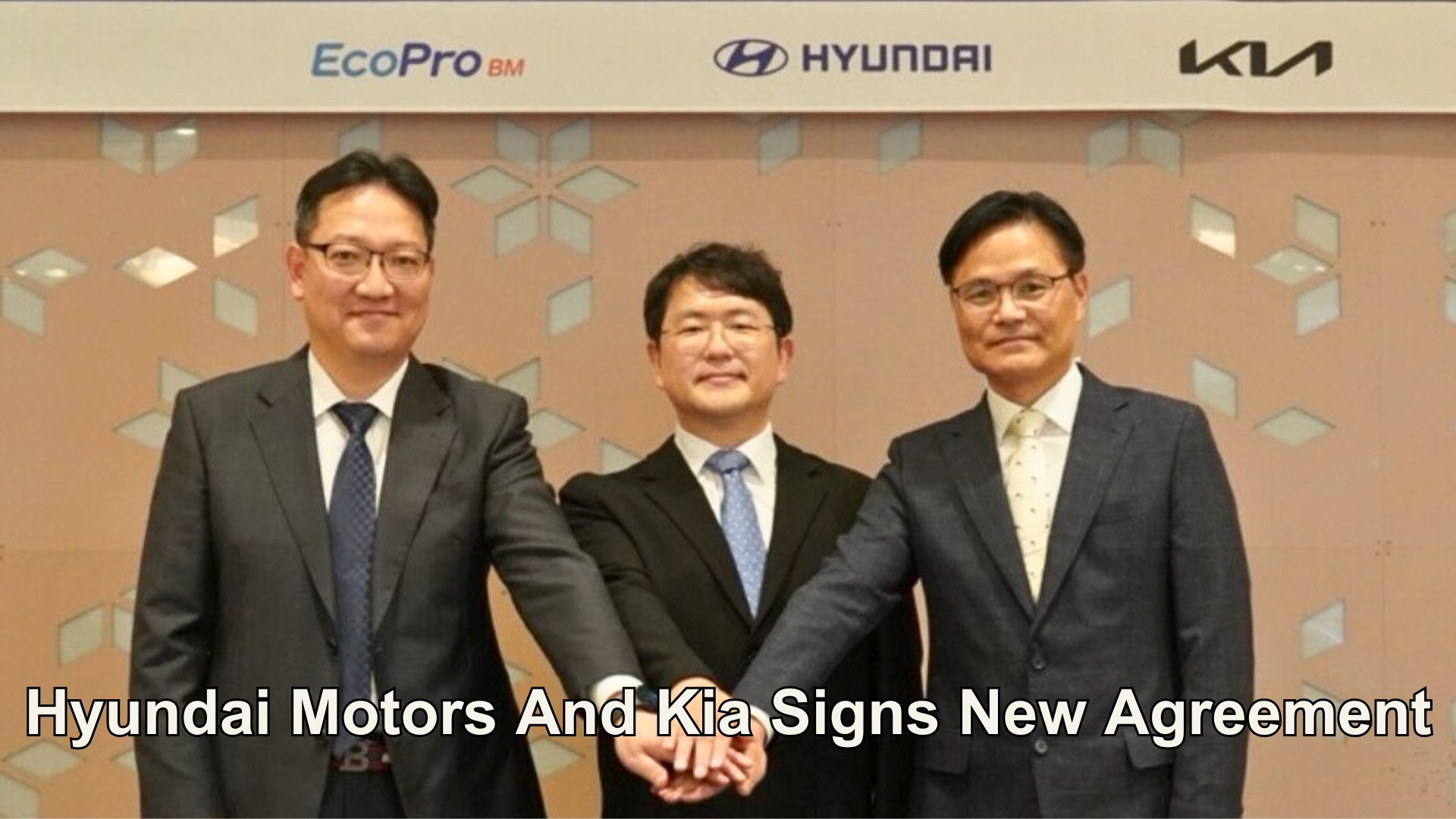Hyundai Motor Company and Kia Corporation have announced an exciting new venture to advance electric vehicle (EV) battery technology. Partnering with Hyundai Steel and EcoPro BM, a leader in the cathode material market, the companies aim to develop innovative lithium iron phosphate (LFP) battery cathode material manufacturing technology. This four-year project, backed by Korea’s Ministry of Trade, Industry, and Energy, seeks to revolutionize battery production by directly synthesizing materials, reducing emissions, and lowering costs.
A Breakthrough in LFP Battery Technology
The development of LFP batteries represents a significant milestone in Hyundai and Kia’s quest to improve EV performance and cost-efficiency. Unlike traditional methods, where lithium is added to precursors such as phosphate and iron sulfate, this project introduces a direct synthesis process that combines phosphate, iron (Fe) powder, and lithium without producing a separate precursor. This environmentally friendly approach is not only more efficient but also minimizes hazardous emissions during production.

The direct synthesis process offers considerable advantages in terms of sustainability and cost-competitiveness. However, to ensure high production efficiency, the use of impurity-free and uniformly sized raw materials will be essential.
Collaboration Across Industries
The partnership between Hyundai Motor, Kia, Hyundai Steel, and EcoPro BM signifies a convergence of key industries—steel, battery technology, and automotive manufacturing. Hyundai Steel’s role in this collaboration focuses on developing high-purity fine iron powder from recycled domestic iron. This refined material will be used by EcoPro BM to create directly synthesized LFP battery cathode material.
The aim is to develop cathode material capable of supporting fast charging technology while delivering top-tier charging and discharging performance, even at low temperatures. These improvements align with the broader goals of enhancing EV battery safety, improving performance, and reducing costs.
Shaping the Future of EVs
In recent years, Hyundai Motor and Kia have prioritized EV development as part of their long-term strategy, seeking to dominate the global EV market. This latest collaboration underscores their commitment to innovating within the battery technology space to meet future demand and reduce reliance on imported materials.
As Hyundai and Kia continue their push toward internalizing key technologies, this project is expected to significantly bolster the companies’ competitive edge in the rapidly growing EV market. With advancements in battery performance, safety, and cost efficiency, the future of electric mobility is brighter than ever.
A Shared Vision for Sustainable Mobility
This project not only strengthens Hyundai and Kia’s positions in the EV landscape but also highlights the companies’ focus on sustainability. By integrating cutting-edge technology and using recycled materials, the collaboration aims to make EV batteries more eco-friendly while maintaining performance excellence.
As the LFP battery material field advances, Hyundai Motor and Kia are set to lead the charge in EV innovation, ensuring a cleaner, greener, and more efficient future for electric vehicles.

